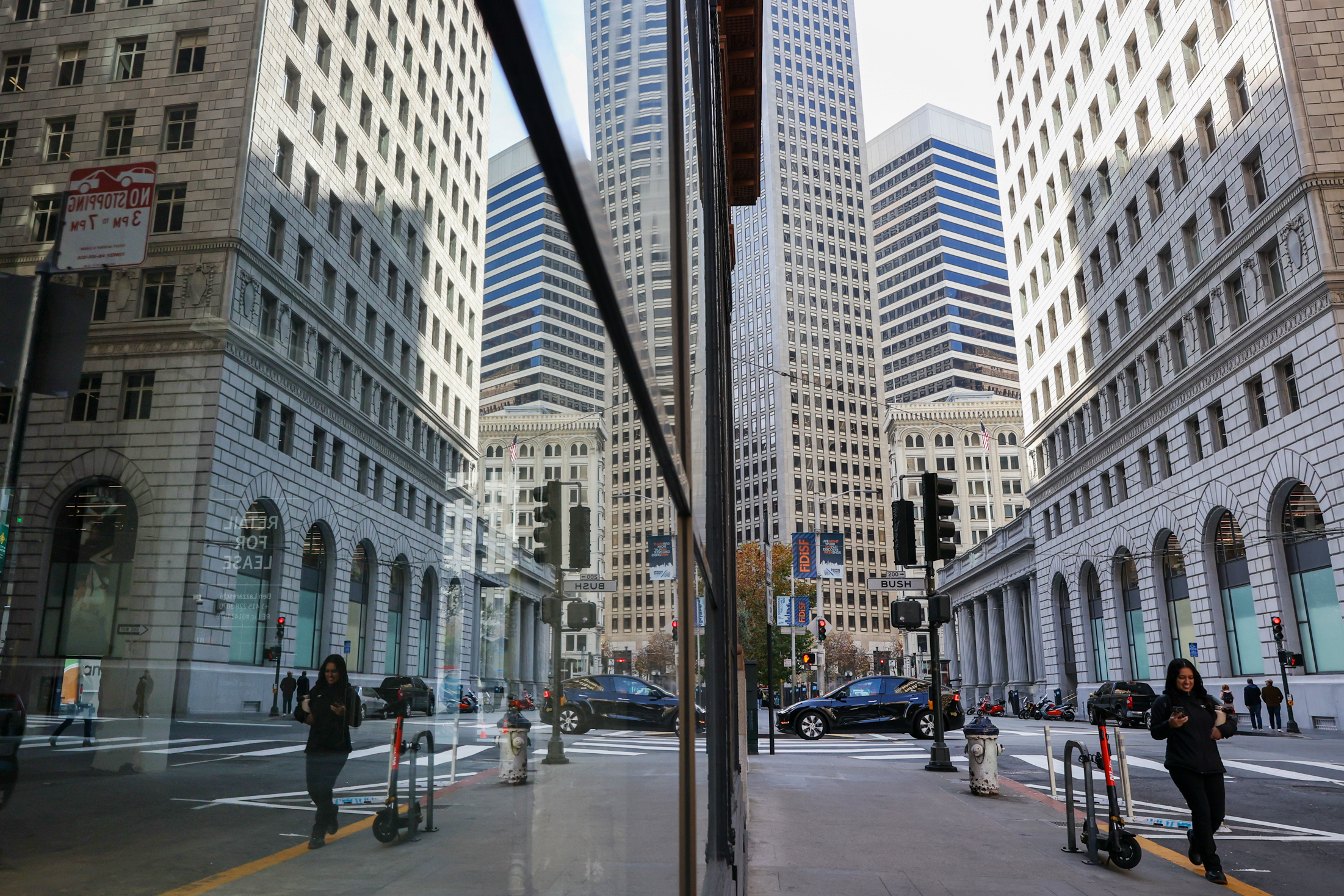As Downtown braces for a real estate crash, a San Francisco legislative analyst urged policymakers to consider financial incentives and eliminating red tape for converting empty offices to housing.
A report released by the Budget and Legislative Analyst’s Office called on the city to explore incentives for all types of commercial conversions by exempting them from environmental hearings, removing affordable housing minimums or delaying fees—factors often cited as slowing down new housing.
Policymakers said they were open to it—though some of the report’s suggestions may wind up more controversial than others.
“I think we need to be very creative in how we revive Downtown and how we get more affordable and more housing in general,” said Supervisor Shamann Walton. “I am supportive of converting commercial property into housing and will be taking a deeper dive into how we get that done, along with my colleagues.”
Subsidizing Downtown Housing?
The report also called on the Board of Supervisors to consider subsidies for office-to-housing conversions, and even a charter amendment to allow blanket approvals for those projects. The latter would allow conversion projects to skip lengthy environmental hearings, which add time and cost to projects.
Supervisor Matt Dorsey said that in light of elevated housing targets handed down by the state, called the Regional Housing Needs Allocation, all options should be on the table.
“We’ve got to make that up somewhere in the RHNA numbers,” Supervisor Matt Dorsey said. “That’s kind of like a Rubik’s Cube. All that being said, this is all going to be a Rubik’s Cube anyway.”
But it’s not clear how the analyst’s recommendations would fly with the rest of the board, which was split on battling housing proposals this fall that closely mirror some of the report’s suggestions.
Reducing or removing affordable housing requirements, which was the first recommendation in the report, may wind up being the most controversial; the city has fallen behind on affordable housing targets in recent years, a fact often cited by skeptics of building more market-rate housing.
Whether any incentives would actually create much housing is another question: Given the potentially astronomical costs of office-to-housing conversions, it’s not clear that developers have much of an appetite for those projects.
Despite the city’s lagging progress on its state housing targets and the rising office vacancy rate, which topped 27% last quarter, just one developer has successfully executed such a conversion in the city and one other has filed for permits, this time the Warfield Building on Market Street.
‘Full-Court Press’
Dan Sider, spokesperson for the city’s Planning Department, said his office has already partnered with third-party consultants to study potential candidates for conversion projects in the city.
“It’s a full-court press,” Sider said.
But to what extent office life will return is still up for debate. Although San Francisco office vacancies are still on the rise, some are holding out hope that office workers will eventually return to the district—even if that’s a few years away.
“I would want to have a clear understanding from the commercial real estate space that they’re giving up on the future, that it’s true that they’re never coming back,” Dorsey said. “And I have heard different things about that.”
Fred Brousseau, who authored the Budget and Legislative Analyst report, pointed to evidence from cities like Los Angeles and New York City that financial subsidies and other policy changes helped to incentivize office conversions. But such changes wouldn’t eliminate the financing problems that come with complicated conversion projects.
“The market alone doesn’t seem to be doing this yet,” Brousseau said. “The question is: Is [the office market] going to come back?”
